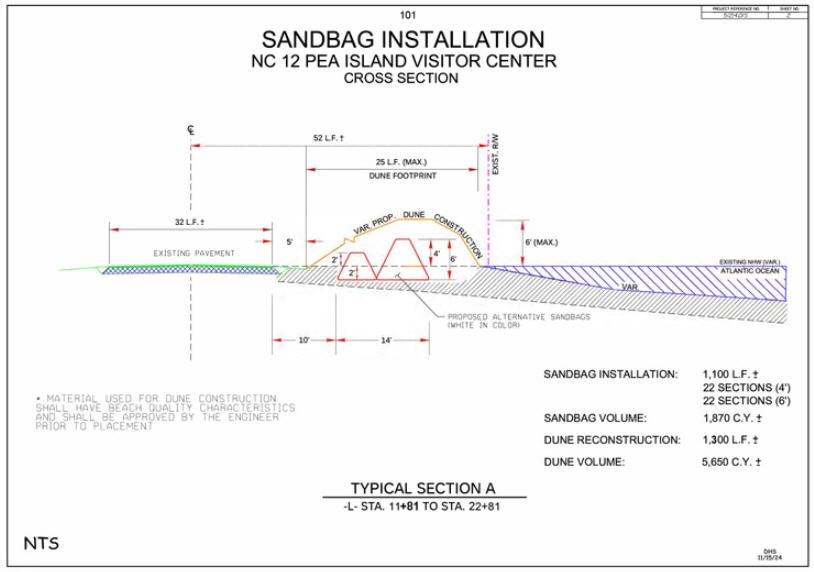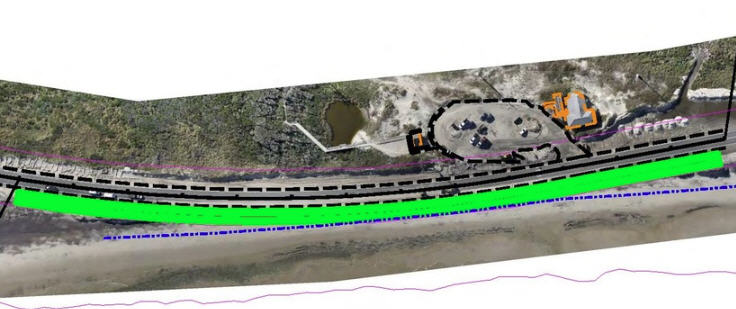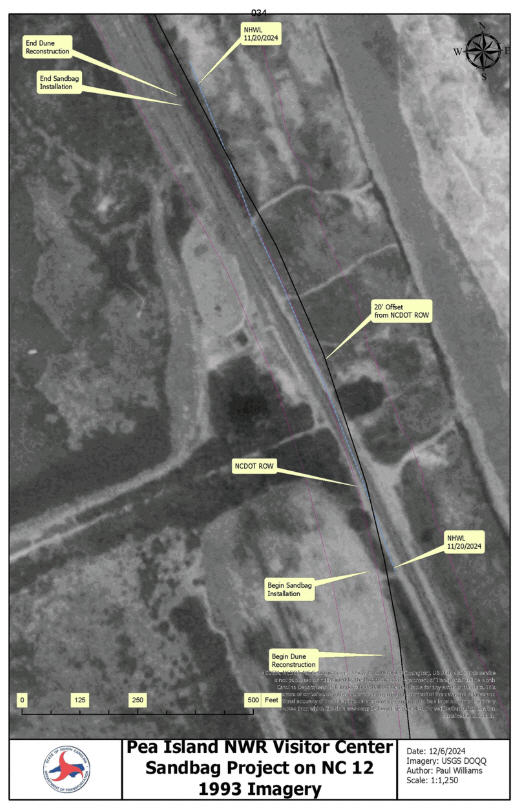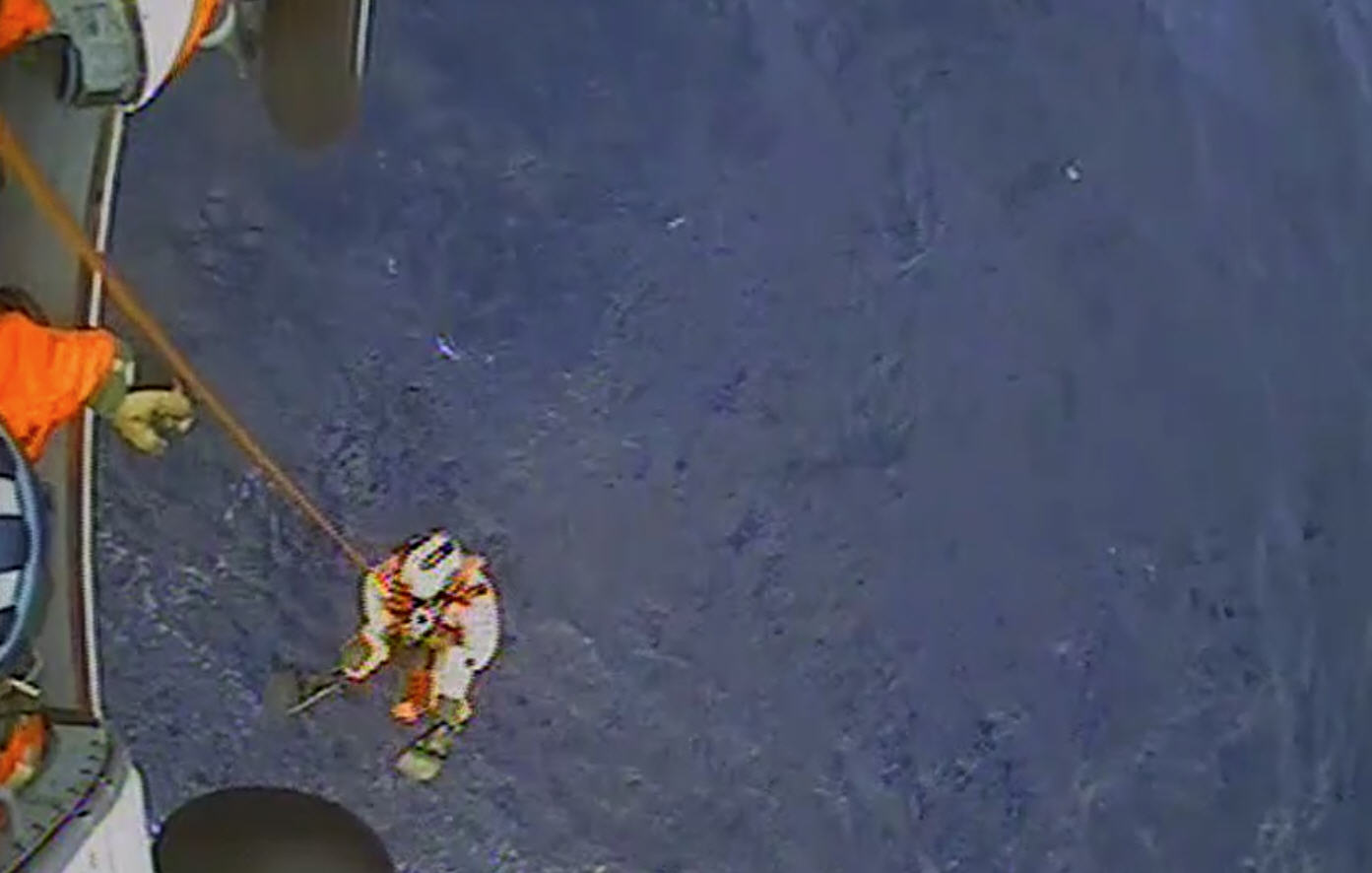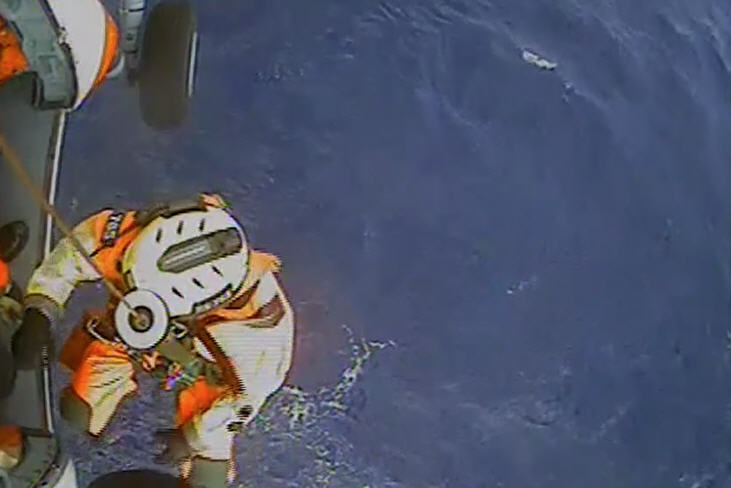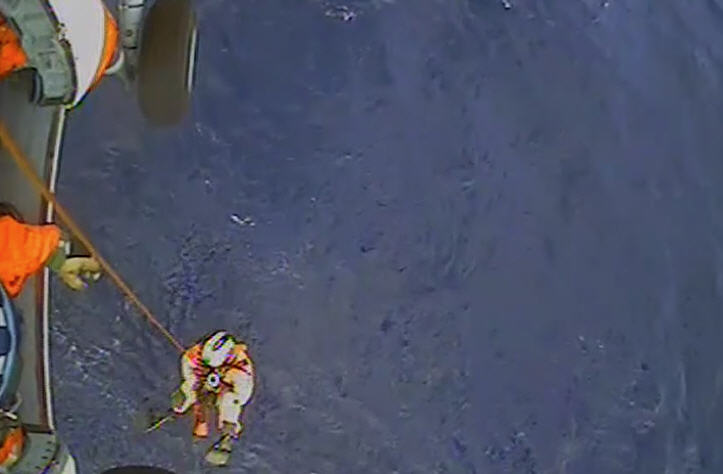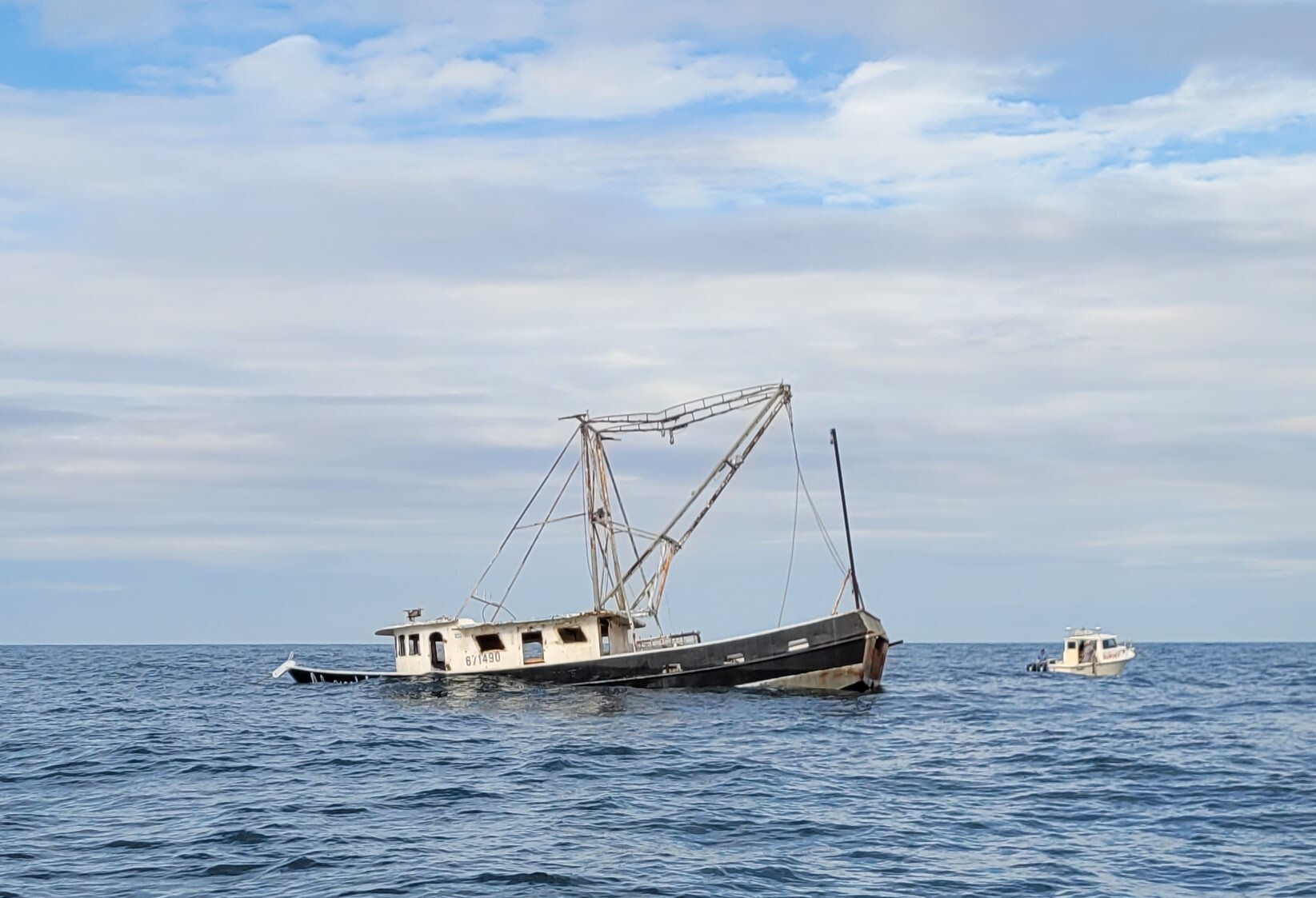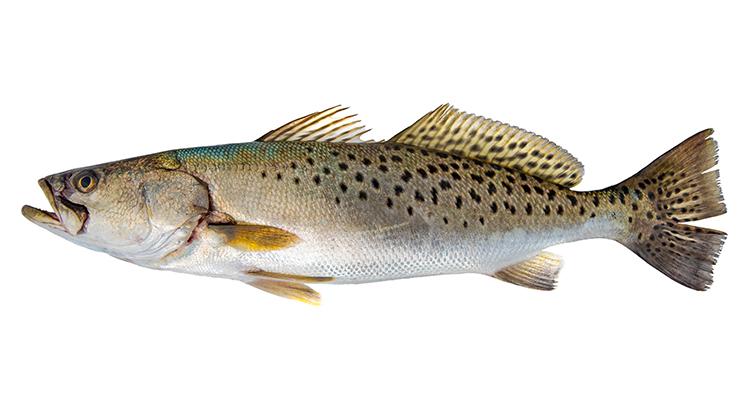Council approves reduced cobia bag limits to extend season
f approved by the Secretary of Commerce, new regulations will be implemented in 2017 for Atlantic cobia in federal waters offshore from Georgia to New York.
The measures were approved by the South Atlantic Fishery Management Council during its meeting this week in Myrtle Beach, S.C. The council says the new regulations are designed to help extend the season for both recreational and commercial fishermen and help ensure consistent and stable fishing opportunities for the migratory stock.
New regulations as proposed in Coastal Migratory Framework Amendment 4 would reduce the recreational bag limit from two fish to one fish per person per day, implement a vessel limit of six fish, and raise the recreational minimum size limit to 36 inches, fork length.
A commercial trip limit of two fish per person per day, with no more than six fish per vessel per day, whichever is more restrictive, would be established.
The recreational fishery for Atlantic cobia in federal waters closed on June 20, 2016. The closure occurred during the peak cobia season off the coasts of North Carolina and Virginia, impacting both private anglers and charter captains targeting the popular species.
The early closure for 2016 was required because of an overage of recreational annual catch limit of Atlantic cobia in 2015 and the accountability measure currently in place that requires a shortened season in the subsequent year. Framework Amendment 4 would also modify the accountability measure.
“The council considered numerous comments received during public hearings held in August, as well as comments received during a Q&A session held in May, public input during its June meeting, written comments, and comments from fishermen attending this week’s meeting,” said council chair Dr. Michelle Duval.
“We heard from fishermen about the negative economic impacts of the Atlantic cobia closure, particularly off the coasts of North Carolina and Virginia. We’ve worked diligently, looking at various combinations of changes to bag limits, vessel limits and size limits, to help maximize fishing opportunities and to have new regulations in place in time for next year’s season,” said Dr. Duval.
“A new cobia sub-panel to the council’s Mackerel Cobia Advisory Panel will allow for additional input and expertise from fishermen on cobia management issues as we move forward,” she added.
The council is also working with the Atlantic States Marine Fisheries Commission to develop a complementary plan to allow additional management flexibility.
The majority of cobia landings occur in state waters off the northeast coast of North Carolina and Virginia. Both states implemented additional restrictions in harvest in state waters following the federal closure in June. The Atlantic cobia annual catch limit includes landings from both state and federal waters.


